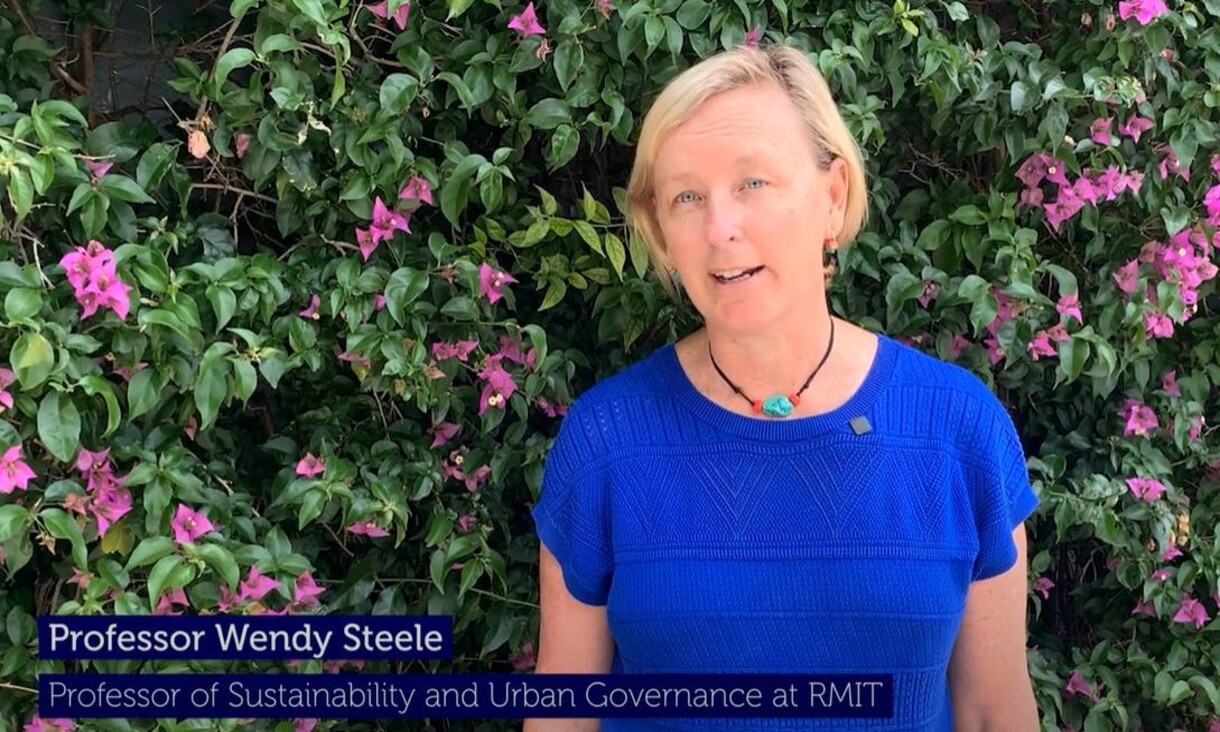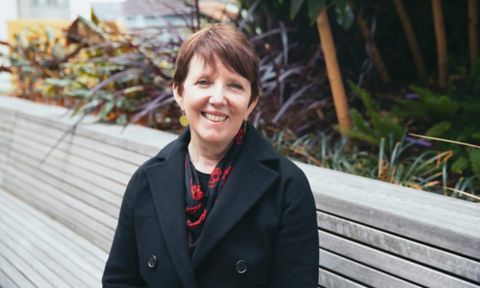The importance of including marginalised voices
Steele emphasised that despite the accelerating amount of research being undertaken on climate mitigation and adaptation, we're still not seeing the transformative change at speed that we need in our cities.
“Part of the reason for this relates to the complexity of issues like urban heat and climate vulnerability, amidst competing political and community priorities," she said.
“We need to find ways to be more inclusive of marginalised voices by working to co-create and connect socially innovative climate justice and equity responses at the local scale."
RMIT Europe recently held a multi-stakeholder research workshop exploring how a collaborative research environment can help support those most vulnerable to the impacts of climate change in cities.
“These transdisciplinary conversations help to build the commitment and agenda around key priorities for addressing urban heat and climate vulnerability in this critical climate decade,” Steele said.
The workshop was facilitated by Steele and Emeritus Professor John Handmer who published the open access book ‘Hot Cities: A Transdisciplinary Agenda’ in the Edward Elgar City Series in 2023.
The move to equitable, regenerative futures
Steele highlighted the importance of climate research, policies and practices that actively support and promote more regenerative urban futures.
“We need to move past the extractive urban processes that have led us to this climate crisis and refocus on an ethics of care and repair in cities and urban regions,” she said.
“This means moving beyond sustainment of ‘business as usual’, and instead embedding living systems thinking, as well as climate equity and justice, at the heart of the work that we do.
“How can we turn the ingenuity, compassion and creativity of humanity into habitats that allow people and planet to flourish, rather than those that are destructive or extractive?” she asked.
Steele said that such actions not only require transdisciplinary research practices, but also collaboration designed to catalyse and more fairly distribute the opportunities of climate-just cities across diverse (human and non-human) communities.
At RMIT Europe, Steele has been working alongside fellow researchers from a range of disciplines including Nevelina Pachova, Beatriz Pineda, Adriana Veran, Gabriela Irrazabal, Hossein Moradi and Stefano Piccardo, as well as collaborating with the RMIT Centre for Urban Research in Melbourne and the Planetary Civics Inquiry (PCI).
Story: Hannah Raymond








